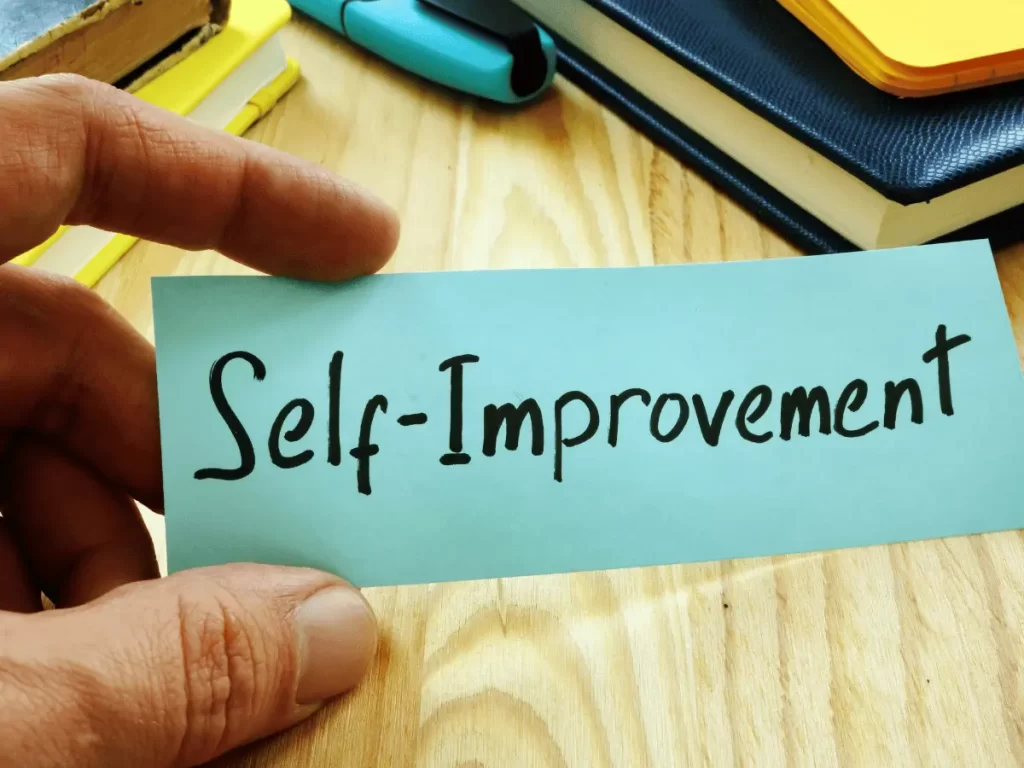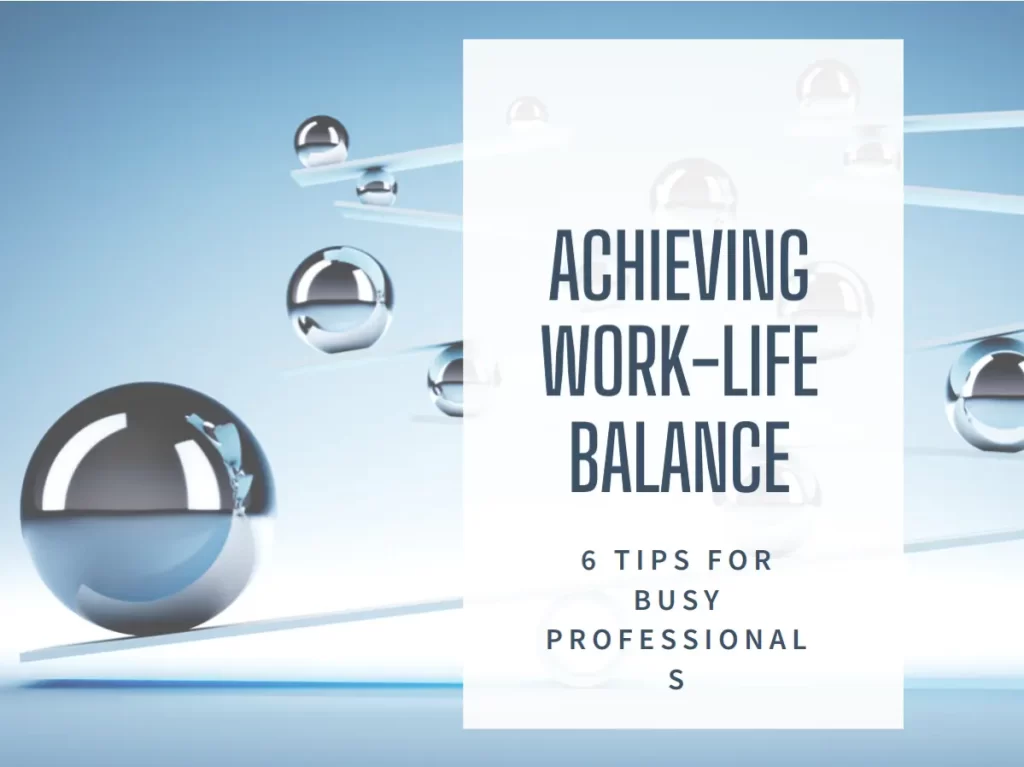What is Self-Improvement?
People say the word self-improvement, they write it in articles about self-improvement, and they make videos on how to self-improve. According to a Google search, self-improvement is defined as “the improvement of one’s knowledge, status, or character by one’s own efforts”. Self-improvement means something different for everyone. Self-improvement can mean going to the gym three times a week to lose that extra 10 pounds, or self-improvement could mean something as simple as drinking more water. Self-improvement can be physical or mental depending on your own personal state of self and motivation behind self-improvement tasks.
TEDTalks are daily videos posted from TED conferences where some of the best thinkers and speakers from all over the globe come together to give an inspirational speech in front of thousands of listeners in under 18 minutes. These talks often focus on how humans can better themselves professionally, personally, and emotionally. Most of them focus on self-improvement techniques as well.
I recently spent a few hours watching and listening to 10 of what I feel are the best self-improvement TED talks to this day. This self-improvement talk not only engages my mind but my spirit. The talks motivated me to get started on my personal self-improvement journey and after you watch them, your self-improving can start right away! Read another blog on Talk Less Listen More – 9 Secret Ways
Overcoming Hopelessness by Nick Vujicic
https://www.youtube.com/watch?v=6P2nPI6CTlc
This video took me by surprise. Vujicic was born limbless, meaning he has no arms or legs, yet his view on life is uplifting. He struggled with his self-image throughout his childhood and was bullied due to his deformity. He talks about how we are all born with pain and just looking to find some hope in our lives. His parents were extremely supportive and proud of him. They told him he was beautiful the way he was. He explains that every single human being has value and that value has nothing to do with the way you look. You should ask yourself who are you and why are you here? Listening to how he overcame his disability and provided himself with his own self-improvement through self-worth was very inspirational.
Inside the mind of a master procrastinator by Tim Urban
https://www.ted.com/talks/tim_urban_inside_the_mind_of_a_master_procrastinator#
Urban’s fun and witty talk about what the inside of a procrastinator’s mind looks like was eye-opening and helpful for a procrastinator looking for some self-improvement help. He starts off saying that the brain of a procrastinator is different from the brain of someone who does not procrastinate. He uses pictures and animation to show the “Rational Decision Maker” in the brain. Procrastinators also have an “Instant Gratification Monkey” (which he explains using a picture of the monkey inside the brain with the Rational Decision Maker). He goes on to explain that the monkey just wants to do whatever is easy and fun while the Rational Decision Maker wants to do the things that make sense. Most procrastinators also have something called the “Panic Monster”. He ends the talk with two different kinds of procrastinators. There are the short-term procrastinators, who when the Panic Monster steps in, get the work finished at the last minute. Then there are the long-term procrastinators. The problem with long-term procrastination is that there is no Panic Monster and it can lead to extreme unhappiness. Everyone is procrastinating something whether it’s just that term paper that’s due next week or finally taking that trip to see your grandmother up east. The talk was both exciting and enlightening, providing my self-improvement motivation to skyrocket.
Try something new for 30 days by Matt Cutts
https://www.ted.com/talks/matt_cutts_try_something_new_for_30_days
Cutts’ talk is a bit shorter than some of the other videos but just as motivating for self-improvement. He says that 30 days is the correct amount of time needed to either add a new habit or subtract an old one. Through his 30-day method, he realized his time was more memorable and his self-confidence rose. He claims you can do anything you want to in 30 days, but starting with some smaller and more sustainable challenges makes it a bit easier to stick with. This just might be the first step in a future of self-improvement tasks for you.
5 ways to listen better by Julian Treasure
https://www.ted.com/talks/julian_treasure_5_ways_to_listen_better
Treasure’s talk is about our ability to listen. He claims we only retain about 25 percent of what we hear. Nowadays, with all of the electronics including headphones, our ability to listen and communicate with others is slowly diminishing. He talks about the importance of attention when listening and then goes on to explain the 5 ways we can listen better. He wraps up with the thought that we need to listen consciously to live a full life, which can help achieve self-improvement.
Why we all need to practice emotional first AID by Guy Winch
https://www.ted.com/talks/guy_winch_the_case_for_emotional_hygiene
Winch starts off his talk with the fact that he is an identical twin. He speaks about how we understand how to take care of our bodies, brush our teeth, and shower regularly, but we don’t know how to care for our minds. We actually sustain more psychological injuries than we do physical ones, like loneliness and rejection. These injuries can lead to a suppressed immune system and a 14% increase in the chance of an early death. Low self-esteem can make you more vulnerable to stress, anxiety, and failures and rejections take longer to recover from. He sums up his talk with the fact that we all do something called “Rumination” which is when we overthink about the bad things that have happened. He recommends a two-minute distraction to get your mind off it. He finishes this self-improvement talk with the fact that we need to practice emotional hygiene. I feel this would help anyone achieve some mental self-improvement.
The key to success? Grit by Angela Lee Duckworth
https://www.ted.com/talks/angela_lee_duckworth_the_key_to_success_grit
Angela was once a math teacher who decided to pursue a career in psychology. She found that a significant predictor of success was grit or passion, perseverance, and hard work. She says this grit matters a great deal in schools, but she has yet to figure out how to build that grit. Talent isn’t related to grit, the ability to learn is not fixed, and failure is not a permanent condition, are just a few of her thoughts behind this self-improvement and self-empowerment speech.
Programming your mind for success by Carrie Green
https://www.youtube.com/watch?v=MmfikLimeQ8
Carrie Green is a very smart businesswoman who began a phone unlocking business that was based online while in law school. Once she graduated, she continued to grow her company and was completely miserable. She became very negative and self-sabotaging, giving too much time to her doubts and problems. She discusses how she had to program her mind for success through positive thinking (a great way of self-improvement). She told herself that if she wanted to do something, she could make it happen. Her personal growth throughout the story is very positive and you can see how this ties into her personal self-improvement and will also help with your own self-improvement as well.
The psychology of self-motivation by Scott Geller
https://www.youtube.com/watch?v=7sxpKhIbr0E
Geller begins by talking to us about empowerment and what it means to feel empowered. He says we feel empowered when we are self-motivated. He explains that people are empowered when they can say “yes” to these three questions: Can you do it? Will it work? Is it worth it? If you can say “yes” to these three questions, you feel confident. He tells us that in order for us to feel more motivated and achieve self-improvement, we need a community. We need to not be so independent and count on others to help with self-improvement challenges.
How to become more confident-lay down on the street for 30 sec by Till H. Groß
https://www.youtube.com/watch?v=HtDkg3Xwn7U
The self-improvement technique that Till discovered was very influential for me. He played basketball professionally in high school and was very outgoing, but was also shy and insecure. After injuring himself and ending his basketball career, he began learning psychotherapy and discovered something called “Comfort Zone Challenges” (try this self-improvement challenge to spice up your life). These challenges are to put yourself in an uncomfortable situation and do it over and over again until you conquer your fear. He explains how he laid down on the street and eventually he didn’t care what people said when they walked by him. He changed his relationship with fear and thus provided himself and others with the opportunity for self-growth and self-improvement.
The skill of self-confidence by Dr. Ivan Joseph
https://www.youtube.com/watch?v=w-HYZv6HzAs
Dr. Ivan Joseph talks about his search for people with self-confidence. He says the key to self-confidence is repetition. You practice until you feel confident in your craft. He tells us to stay away from people who tear you down and that we should work on “Reaffirmation” by realizing that we are the captains of our own ship. We should be catching people when they’re good and reinforcing that good behavior, not pointing out the bad. He ends with the thought that no one will believe in you unless you do, a great self-improvement motto.
The idea of self-improvement isn’t something that you learn overnight. Self-improvement is something you should always strive for and push yourself to continue doing. These TEDTalks are only a few of the different ways you can view your personal self-improvement challenges and create personal growth. Now that you have the motivation and empowerment to get started on your personal self-improvement, go out there and do some self-improving!



